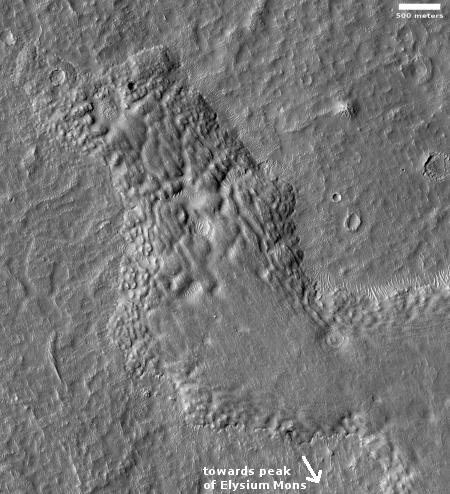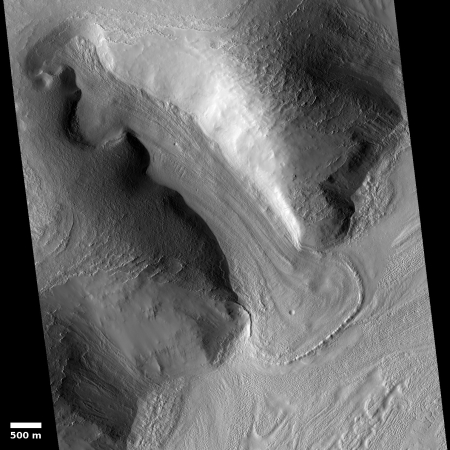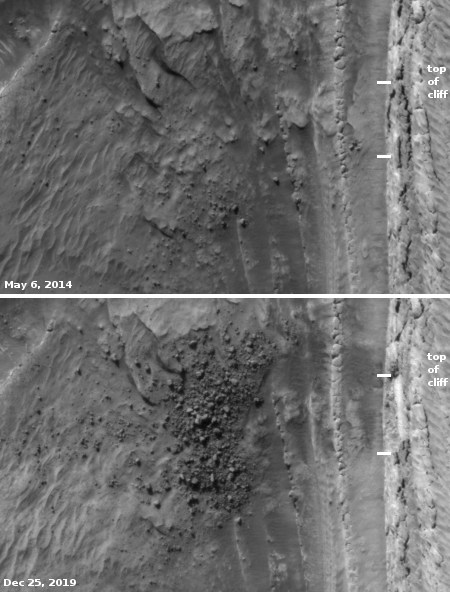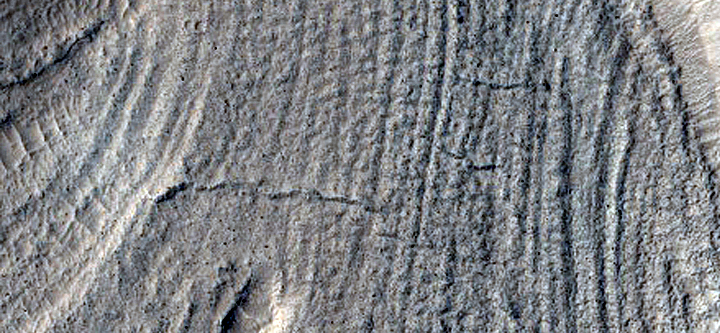Bezos sells another $1.8 billion in Amazon stock
Capitalism in space: This past week Amazon CEO Jeff Bezos sold more than $1.8 billion of his Amazon stock, apparently as part of his continuing effort to fund his space company Blue Origin in the development of its suborbital New Shepard spacecraft, its New Glenn orbital rocket, and its Blue Moon lunar lander.
In 2017 Bezos had said he would sell off about a billion dollars per year to fund Blue Origin. However, a survey of these stock sales suggests he has upped that figured considerably, with higher sales more frequently. His first big stock sale was in May 2017 for $1 billion. The second was in November 2017 for another billion. Then in August 2018 Bezos did two stock sell-offs within a week of each other, totaling $2.8 billion.
Now, in February 2020, he has raised another $1.8 billion by selling his Amazon stock. All told, he has raised $6.6 billion in cash in just three years. According to him, all of it is supposedly for Blue Origin, though there is no public information to confirm this.
With that much cash, Bezos’s Blue Origin is likely the best funded space company in the world, and should have enough capital to build almost anything it wants.
Capitalism in space: This past week Amazon CEO Jeff Bezos sold more than $1.8 billion of his Amazon stock, apparently as part of his continuing effort to fund his space company Blue Origin in the development of its suborbital New Shepard spacecraft, its New Glenn orbital rocket, and its Blue Moon lunar lander.
In 2017 Bezos had said he would sell off about a billion dollars per year to fund Blue Origin. However, a survey of these stock sales suggests he has upped that figured considerably, with higher sales more frequently. His first big stock sale was in May 2017 for $1 billion. The second was in November 2017 for another billion. Then in August 2018 Bezos did two stock sell-offs within a week of each other, totaling $2.8 billion.
Now, in February 2020, he has raised another $1.8 billion by selling his Amazon stock. All told, he has raised $6.6 billion in cash in just three years. According to him, all of it is supposedly for Blue Origin, though there is no public information to confirm this.
With that much cash, Bezos’s Blue Origin is likely the best funded space company in the world, and should have enough capital to build almost anything it wants.











